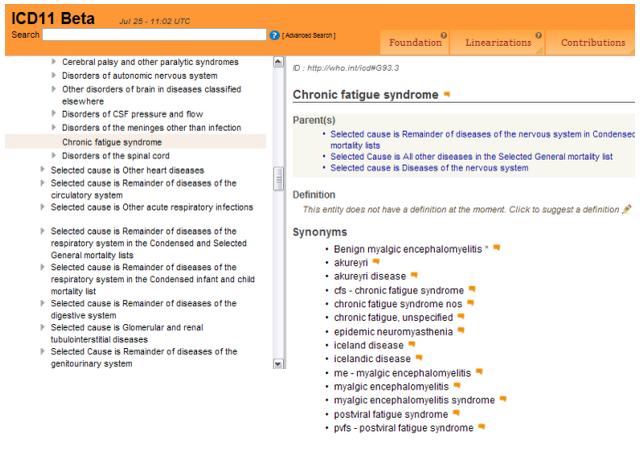World Health Organization (WHO) has introduced an online platform called MeDevIS (Medical Devices Information System), the first global open access clearing house for information on medical devices. It is designed to support governments, regulators and users in their decision-making on selection, procurement and use of medical devices for diagnostics, testing and treatment of diseases and health conditions.
The MeDevIS platform includes 2301 types of medical devices used for a broad-ranging health issues, including reproductive, maternal, newborn and child health, noncommunicable diseases such as cancer, cardiovascular diseases, diabetes as well as infectious diseases such as COVID-19.
The number of medical technologies used in health care is growing, as is their complexity, which can make it challenging for health care practitioners and patients to navigate. We aim to provide a one stop shop of international information, which can be invaluable for those making decisions on life-saving medical technologies, especially in resource-limited settings, and to improve access".
Dr. Yukiko Nakatani, WHO Assistant Director-General for Access to Medicines and Health Products
There are over 10 000 different medical devices that are being used for protection, prevention, diagnostics, treatment or rehabilitation of health issues globally. These include multiple simple and complex medical technologies ranging from pulse oximeters, digital thermometers, single-use syringes and medical masks to various diagnostic laboratory tests and other medical equipment including electrocardiograms, endoscopes, all imaging radiology technologies, and technologies used for treatments such as hemodialysis units and defibrillators, implantable prothesis, cardiac stents and complex radiotherapy equipment.




